Kenya: This African nation has deep roots in coffee production history. The historical significance of coffee is known to be in the African/Arabic worlds and reading though the archives of time we find that coffee production was not quite the happy affair – it’s filled with bloodshed and war.
Introduction
Kenya is bordered by Ethiopia to the north, which is commonly believed to be the area from which coffee originated (read Ethiopia Coffee History). However, Kenya was not as early to get on the coffee game as was Ethiopia.
Sources say that coffee started to be farmed and cultivated in Kenya around 1893, when the French Holy Ghost Fathers introduced coffee trees from Reunion Island. Farms near Nairobi, the capital town of Kenya, had been utilized as the center around which Kenyan coffee culture was created.
Timeline of Kenya Coffee Production Facts
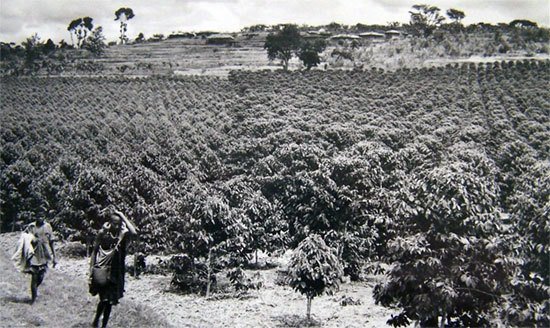
Pre 1900’s
First off, the Arabs who managed the coffee trade kept captive hundreds of Kenyan’s where they were enslaved on coffee tree plantations throughout Kenya and Arabia. This was adopted by the English settlers around 1900 who quickly presumed control over the nation which led to even more war.
1900-1930
For the first part of the 20th century the main movers and shakers of the coffee industry were the British and Western European businessmen who became wealthy by farming coffee on the backs of the Kenyan employees.
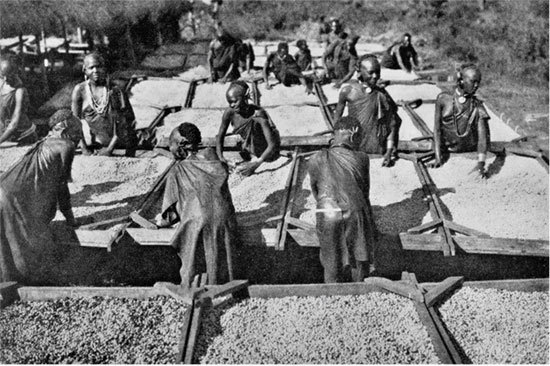
1930-1960
By the 1930’s the farmers capabilities got become increasingly productive. Now touting more than 1 million Kikuyu tribe associates contacting it house they got today true property promises based on the Europeans. To safeguard their curiosity the rich Europeans prohibited them from developing espresso, presented a hut taxes and provided them much less and much less for their labor. The Kikuyu had been pressured to keep their property and move to the towns in purchase to survive. This legal slavery of the populace continuing until the century until the United kingdom relinquished control in 1960. Despite all this bloodshed and slavery Kenya espresso offers prospered and is normally among one of the finest mugs in the globe.
1960-Today
Authorities limitations on the developing and offering of espresso were in place until less than 15 years ago. Today, thanks a lot to capturing reforms, espresso farmers can perform whatever they desire with their espresso without bringing in penalties. They can procedure and consume whatever quantity and whatever quality of espresso they desire. They can agreement straight or through Cooperative Communities to sell their espresso and, most importantly perhaps, they can determine the cost of their item.
Currently, Kenya represents roughly 1% of the world’s coffee market production.
It has been estimated that over 150,000 Kenyans are employed in the coffee industry (farm production) while another 5-6 million Kenyans are emplyoed in other areas of the coffee sector (coffee shops, espresso bars, ect.). While these high numbers may seem impressive, time tells a different story.
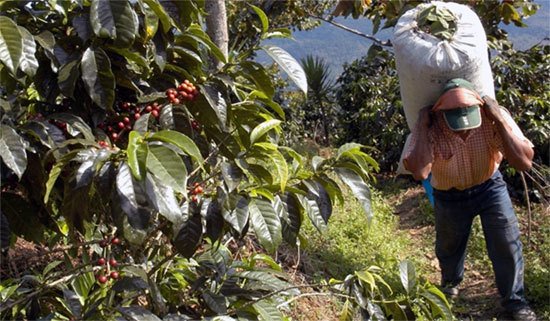
Ever since Kenya’s yields of coffee production was at it’s peak (129,000 tonnes in the late 1980’s) the production levels have continued to drop due to management issues global market price swings. As a result any local Kenyan farmers have either switched crops or sold their farm land.
Nestle, which is heavily invested in the coffee sector (purchasing around 10% of the world’s coffee share) is making recuperative efforts to get Kenya back on the map. The global company is working with a local milling and marketing company, Coffee Management Service to improve production of coffee thoughout the country.
However, even with the extra support Kenya’s coffee sector is struggling. Kenya coffee bean farmers are still among the poorest paid around the globe. That’s why steps are being made to try to boost this potential niche coffee market by introducing new specialty varieties of the coffee plant and specialty niche marketing.
Lately Kenya farmers have introduced the Ruiru 11 hybrid plant and while it is strong, the variety is also leading to concern among some true Kenya coffee lovers. This is because it might be lacking the traditional Kenya coffee attributes that coffee aficionados love. The Kenya Coffee Board is certainly attempting to promote Ruiru 11 as an substitute to the farmers but their attempts are overshadowed by the rumors that it likes like a low quality coffee from a different nation. Background will possess to end up being the judge to find who is definitely right.
How Coffee is Produced in Kenya
The coffee industry of Kenya is set-up like many other countries, with farmer’s co-operatives. These co-ops ensure that farmers have access to all the required steps it takes to produce coffee ready to sell on the global market. This includes milling, processing, roasting and marketing.. About 70% of Kenyan coffee is usually created by small scale home family estates and local farmers.
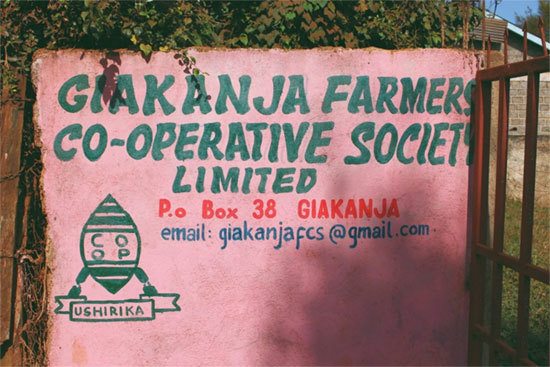
How Kenyan Coffee Farmers Sell Their Beans
Kenya has a unique program for small farmers and producers of coffee that let’s them sell to a broker who will resell their coffee for them. This “public sale program” enables farmers to concentrate on agriculture rather than marketing and sales. It works like an auction for the person who gives the highest cost at the every week authorities work public sale gets the coffee. Examples are delivered out just before the public sale to ensure that sellers can test the bean on present. Essentially what this means is certainly that investors are ready to pay out for quality, to ensure that in convert can be compensated with higher prices. This is definitely why many experience that Kenyan farmers concentrate on quality even more than somewhere else.
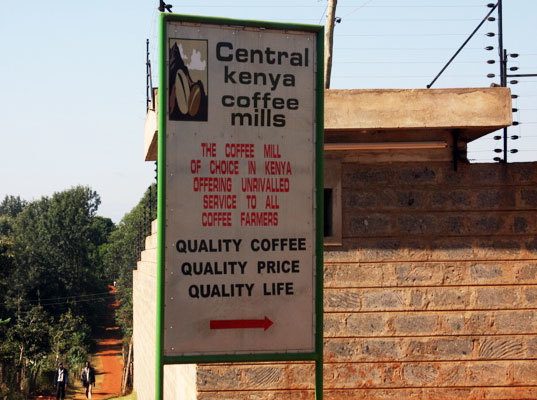
Where to Buy Kenya Coffee Brands
There are many cooperatives that export coffee from Kenya. If you are serious about buying Kenya coffee you should go straight to the source. Try reading this list of Kenya Coffee Exporters for large amounts or search though Kenya Coffee on Amazon. for personal amounts. You can also find that companies like Starbucks make their own Kenya coffee beans that you can buy around the world (at a more expensive price of course).
Types of Kenyan Coffee
Kenya exclusively grows Arabica coffee. This is the preferred type of coffee (see Arabica vs. Robusta) for most drinkers around the world (excluding instant coffee). Arabica coffee prefers growing in a highland environment, which makes the Kenyan highlands a perfect place to do it.
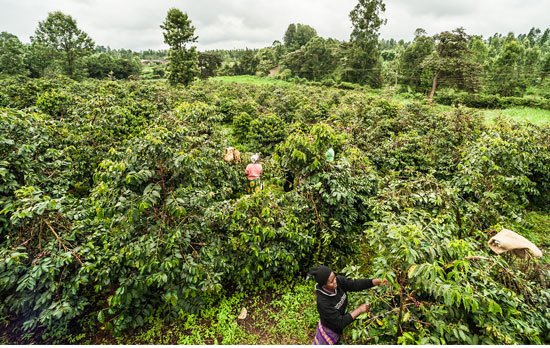
The rich Kenyan volcanic soil and adequate rain fall make for a suitable climate for these arabica coffee trees to grow in. On these high elevation African hillsides and slopes, Kenya coffee stands strong and resilient. The local varieties have adapted themselves to many common plant diseases and damaging insects/pests. Farmers with access to their local cooperatives simply need to plant, fertilize, prune, harvest and send to the co-op for processing.
Coffee Growing Areas in Kenya
The main coffee-growing areas in Kenya are the high plateau, high elevation areas of the country such as:
- the Aberdare Range
- Mt. Kenya
- Bungoma
- Kisii
- Kericho
- Nyanza
- Nakuru
- and more
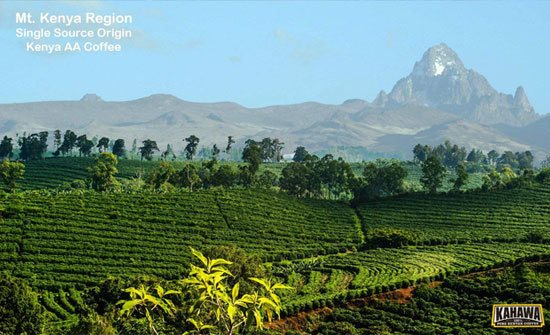
The main hot spots of coffee growing areas in Kenya stretch from the inclines of the 17,000 foot Mt Kenya across to the country’s capital Nairobi. Many espresso coffee beans that you discover on sale in online marketplaces arrive from this area.
Grades of Coffee Beans in Kenya
If you’ve researched about Kenyan coffee, you’ve likely come across “Kenya AA”. Kenya AA is frequently known as one of the world’s greatest tasting coffee beans. These grades refer to the size of the bean. AA would be coffee beans with a size of about 7mm, while PB (Peaberry) is smaller. Peaberry a specialty picked coffee that represents only roughly 10% of Kenyan coffee beans, and is more expensive.

100% Pure Kenya Coffee?
Kenyan coffee beans are rarely utilized in blends, they are too good for this simply. Why is certainly size essential? Quite just larger coffee beans mean even more aroman and taste, larger espresso coffee beans are recognized to generate better quality espresso.
You also won’t see organic coffee from Kenya on the market but this is not for any bad reason. The espresso from Kenya is definitely therefore well controlled and the requirements are therefore high that they don’t present the Fairtrade or organic qualifications.
Taste Quality of Kenya Coffee

Kenya coffee has a shiny acidity and a wonderful sweetness with a dried out tone that tastes similar to a dry wine. The strength is moderate, comparable to common Colombian coffee. A true great Kenya coffee will also possess a black-current taste and aroma. Some of the worlds finest espressos and coffee drinks arrive from Kenyan and as an one beginning espresso it wins compliment at the cupping desk.
Kenya provides this level of quality through a government-run program that provides benefits to farmers for generating better quality espresso. This plan provides result in a better experience for the happy coffee drinker who prefers a quality brew of Kenyan coffees in their mug. Each great deal of Kenya espresso of coffee is crafted with care, from the honorable people of Kenya, whether it’s grown and processed from a huge plantation or a small farm in the mountainous areas of the nation.
More Facts about Kenya Coffee

- The local language of Kenya is Swahili. Coffee is translated as kahawa in Swahili.
- The country of Kenya prides itself on its cooperative program of milling and advertising for small-scale farmers. This essential service is provided for a high percentage of little farms and private coffee plantations/estates.
- Kenya is roughly the 21st ranking largest manufacturer of espresso in the globe, making more than 50 million kilos of espresso every total 12 months. It provides also been approximated that 6 million Kenyans are included in some method in the country’s espresso market.
Sources:
Images:
*additional references linked throughout article
.jpg)